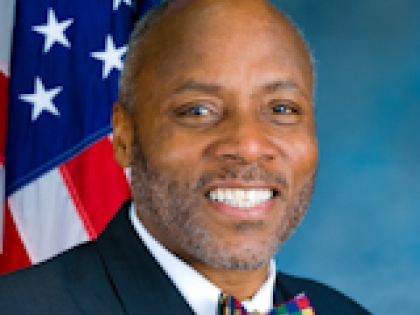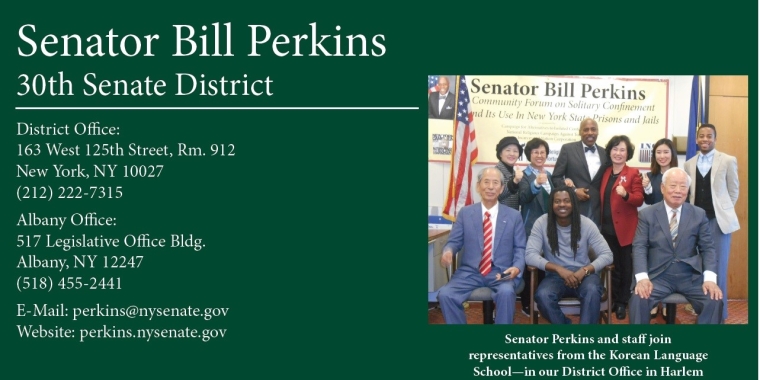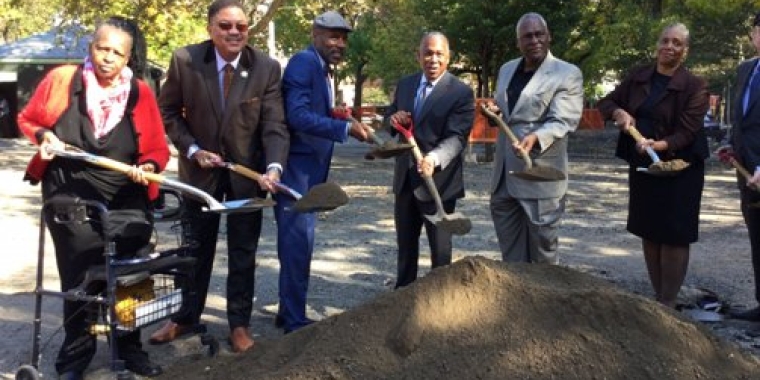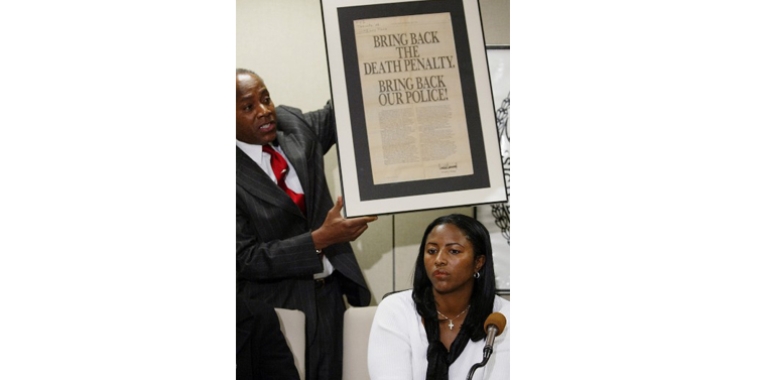
Columbia Expansion Expected To Get Boost From 'blight'

By PETER KIEFER,
The two remaining parcels of privately owned land in the footprint of Columbia University's proposed expansion are expected to be deemed part of a "blighted" area, according to sources with knowledge of a report that will be presented to and voted on by the Empire State Development Corp. today. Adoption of the report's finding would set the stage for a legal battle over the possible use of eminent domain by the state.
"I think that tomorrow the ESDC will most likely approve the general project plan and the blight findings," a lawyer for one of the landowners who had read a preliminary summary of the report, Norman Siegel, said in an interview yesterday. "And we will oppose that, of course."
At today's meeting, the board of the ESDC will be presented with the findings of a blight study that was conducted by the environmental planning and engineering firm AKRF. Columbia owns 80% of the private property within the 17-acre expansion footprint and the city owns 5%. However, four facilities owned by Nick Sprayregen — who is being represented by Mr. Siegel — and a gas station on West 125th Street also remain within the footprint. During the past several years, university officials have been attempting to negotiate agreements with all property owners within the footprint.
Designating an area as "blighted" is legally necessary for the state to use eminent domain.
The ESDC will also vote on the adoption of the university's general project plan, which would trigger a final public review process that would last until about November, at which point a final vote would be taken by the ESDC's board of directors.
Sources familiar with the general project plan say it contains language in which both the ESDC and Columbia agree not to proceed with eminent domain on any residential buildings for 10 years — equivalent to the first phase of construction.
However, the language does not exclude nonresidential buildings, according to the sources.
Further complicating matters and possibly adding a legal foothold for Mr. Siegel was a ruling that came down on Tuesday from a state appellate court. The ruling upheld a June 2007 decision that said the ESDC's decision to hire AKRF, which had also worked for Columbia, represented a conflict of interest.
State Senator William Perkins said in an interview that in light of the ruling, the Columbia University development process should be immediately halted because, if nothing else, it fuels "the perception of collusion" between the state, Columbia, and AKRF.
"It would seem to me that it would have been easy to get another consultant and avoid any stench of collusion, and it would seem to me very irresponsible to subject the agency and its credibility to such an easily avoidable accusation," he said.
Mr. Perkins also told The New York Sun that he is creating a new task force to investigate instances in which the state has used eminent domain.
A spokesman for the ESDC, Warner Johnston, declined comment as did a spokeswoman for Columbia University, Victoria Benitez. A spokesman for AKRF, Tom Corsillo, said in a statement that AKRF's "work ethic and integrity have earned them a place as an industry leader."
Columbia's $6 billion expansion project calls for new student housing, classrooms, and laboratory space on 17 acres just north of its Morningside Heights campus.



